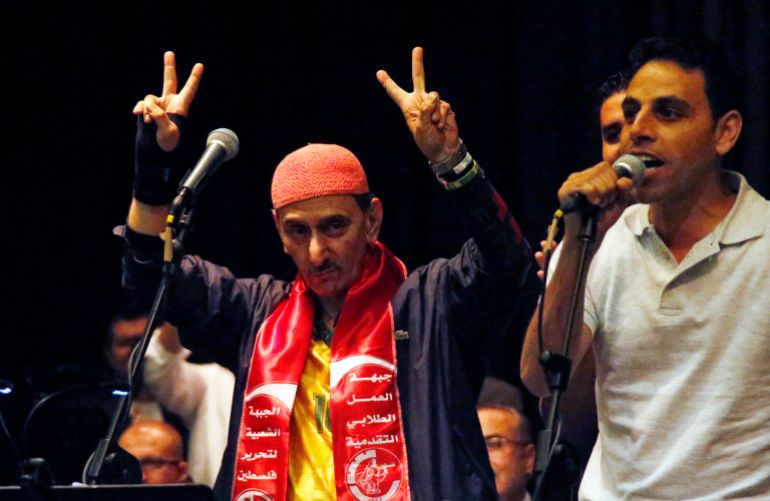Ziad Rahbani, the son of legendary singer Fairuz and a pioneer of fusion jazz, passed away at the age of 69 from a heart attack.
The hospital where Ziad Rahbani was being treated in Beirut, the capital, said in a statement on Saturday that “the heart of the great artist and creator Ziad Rahbani stopped beating.”
With his songs and plays, Rahbani’s lyrics are beloved by both young and old, and he has had an impact on generations of Lebanese people.
Assi Rahbani and his brother Mansour modernized Arabic song by blending traditional Western, Russian, and Latin American pieces with Middle Eastern rhythms, while Fairuz, the last living legend of Arabic song, is also one of the most well-known Arab women in the world.
According to Rahbani, “I admire the music of composers like Charlie Parker, Stan Getz, and Dizzy Gillespie.” However, my music is Lebanese and expresses a different way of being. It is not Western.
Rahbani, who was inspired by jazz rhythms and wrote songs for Fairouz, who also rose to prominence as an icon for young people.
The Lebanese composer, who also had a playwright, pianist, and political provocateur, received a sincere ovation from Lebanon’s leaders.
Rahbani was described by President Joseph Aoun as “a living conscience, a voice that rebelled against injustice, and a sincere representative of the oppressed and marginalized.”
According to Prime Minister Nawaf Salam, “Lebanon has lost an exceptional and creative artist who remained committed to the principles of justice and dignity,” and who also spoke in the language of “what many did not dare to say”?
Up until the civil war broke out in 1975, Rahbani’s works reflected the hybrid heritage of Lebanon. Following the 1982 invasion, which involved bloody street battles between rival militias and three years of bloody Israeli occupation, the controversy also reflected the sectarian strife that raged afterward.
Fairuz chose to be resolutely left-wing and secular, denouncing Lebanon’s long-standing divisions, despite the country’s potent sectarian divisions. His breakout play, Nazl el-Sourour (Happiness Hotel), which he directed when he was 17 years old, depicted a society that had been reshaped by class divisions and oppression.
The political elite dismisses a group of workers who take control of a restaurant after they are denied their rights.

Bennesbeh Labokra Chou, a different play? (What Will Happen Tomorrow?) In Beirut after the civil war, he plays a jaded bar pianist. Some of Rahbani’s most famous lines, such as “They say tomorrow will be better, but what about today,” are featured in the piece of work.
Rahbani was a prolific composer with staggering range. He blended jazz, funk, and classical influences to create a hybrid sound that was instantly identifiable, mixing up traditional Arabic melodies. His live performances were legendary when he frequently performed piano in smoky clubs in Hamra, one of Beirut’s most important commercial areas.
Rahbani has lost some of his popularity in recent years, but younger audiences have since rediscovered his plays online and used his music in protest rallies. He continued to write and compose, frequently expressing his frustration with Lebanon’s stagnant political scene and defunct media.
On X, his former partner Carmen Lebbos wrote, “I feel like everything is over, I feel like Lebanon has become empty.”
Source: Aljazeera

Leave a Reply